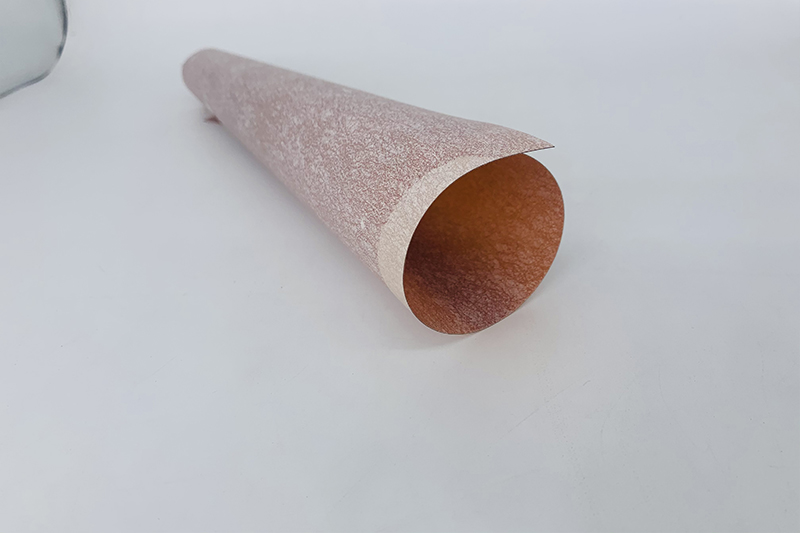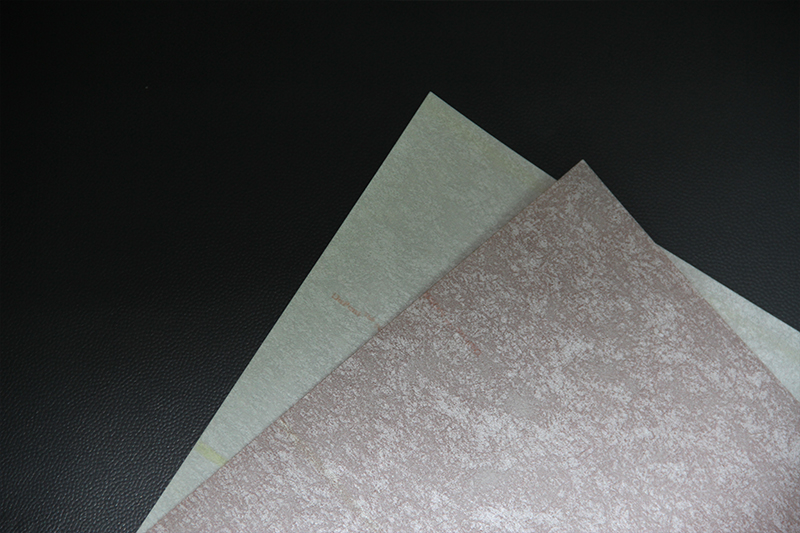NHN insulation paper is made from a composite of natural fibers and synthetic materials, offering excellent heat resistance and mechanical strength. It is suitable for high-temperature industrial equipment such as transformers and motors. When purchasing, ensure it meets Class H insulation standards.
AHA insulation paper is a composite material that combines the heat resistance of paper with the mechanical properties of PET, offering a high cost-effectiveness and is particularly suitable for long-term high-temperature operation.
Before contacting a supplier, please clearly define your application requirements. This will serve as the basis for subsequent purchasing decisions.
Dielectric Strength (kV/mm): The voltage required per unit thickness for a material to break down. It is a core insulation performance indicator.
Volume Resistivity and Surface Resistivity: These reflect the material’s ability to resist the passage of current.
Requirements: Determine the minimum dielectric strength based on the equipment’s operating voltage and insulation class.
Density (kg/m³): This affects material weight and mechanical properties, with a typical range from 29 to over 100 kg/m³. Low density is suitable for lightweight applications, while high density is required for high-stress environments.
Compression and shear strength: This relates to the material’s ability to withstand pressure and resist lateral forces, and is particularly critical for structural components (such as cabin panels and drone frames).
Tensile strength: This evaluates the bond strength between the surface layer and the core layer.

Temperature Resistance: Nomex/aramid paper-based materials are typically Class C (220°C). Please select materials based on the actual ambient temperature.
Flammability: Generally, they must meet UL94 V-0 or aviation standards such as FAR 25.853.
Chemical Resistance: If exposed to oils, solvents, or coolants, confirm material compatibility.
Hygroscopicity: Low hygroscopicity helps maintain stable electrical performance.
Thickness and Width: These factors impact processing costs and material utilization.
Form: The purchase type should be specified—large-size flat sheets, pre-formed curved parts, or regular sheets.
Industry certifications: These include aviation (AS9100), rail transportation (EN 45545), and UL.
Material Standards: These include international/national standards such as ASTM, IEC, and NEMA.
Environmental Compliance: These include RoHS and REACH.
Agents/Distributors: They offer genuine products (such as DuPont Nomex), but prices are typically higher.
Manufacturers: They can offer private-label AHA materials, often offering cost advantages, but require rigorous quality evaluation.
Processors: They offer slitting, laminating, and CNC customization services, making them suitable for specialized molding requirements.
Technical Capabilities: Do you have a professional team? Can you provide a Technical Data Sheet (TDS) and third-party test reports?
Quality System: Is it ISO 9001 certified? Do you have comprehensive IQC, IPQC, and OQC processes?
Production Equipment: Do you have advanced impregnation, lamination, and hot pressing equipment? A factory audit is recommended.
Industry Experience: Are there successful case studies of similar applications? Reference projects may be requested.
R&D Capabilities: Do you support customized development?

COA (Certificate of Analysis): Ensures the aramid paper and honeycomb core are sourced reliably.
COC (Certificate of Conformity): Each shipment must be accompanied by proof of compliance with standard requirements.
Third-Party Test Reports: Provide regular testing documentation from organizations such as SGS, TÜV, and UL.
Visual Inspection: Verify that there are no defects such as scratches, stains, and debonding.
Dimensional Measurement: Use calipers, micrometers, or other tools to verify that thickness, length, and width meet tolerances.
Dielectric Strength Testing: Verify insulation performance using a withstand voltage tester.
Density Measurement: Weigh and calculate actual density based on volume.
Simple Flammability Test: High-quality aramid paper should self-extinguish when removed from flame and exhibit minimal combustion.
New suppliers or new batches must undergo a comprehensive First Article Inspection (FAI).
Suppliers must have a batch traceability system in place to ensure that any issues can be traced and addressed.
As a manufacturer of NHN and AHA insulation materials, we understand the critical impact of high-quality materials on equipment safety and performance. Following the steps outlined in this guide will help you make clearer and more efficient purchasing decisions, ensuring that your selected NHN and AHA materials fully meet technical specifications and application requirements. XuJue Electrical is committed to providing customers with stable and reliable products and professional technical support, and we are willing to work with you to provide a solid foundation for the successful implementation of your project.
If you need our products please write down any questions, we will reply as soon as possible.
There are three ISO certificates for quality certification. The certificates will be shown later. ISO
After receiving the advance payment, the production cycle is 15-25 days. And the transportation cycle should be calcul……
We supply with installation guide and user manual for each transformer. If you do not understand them. We will offer v……